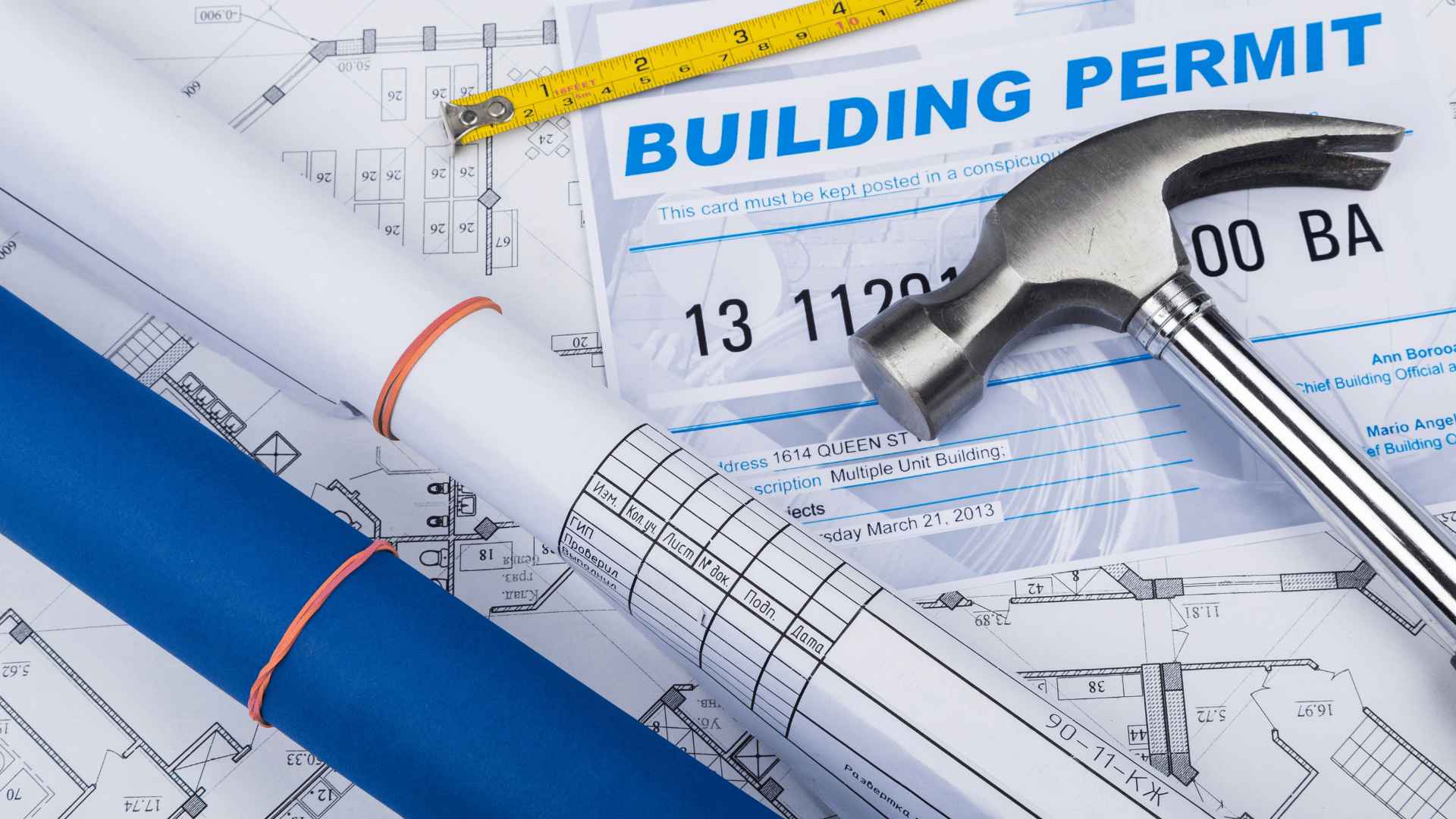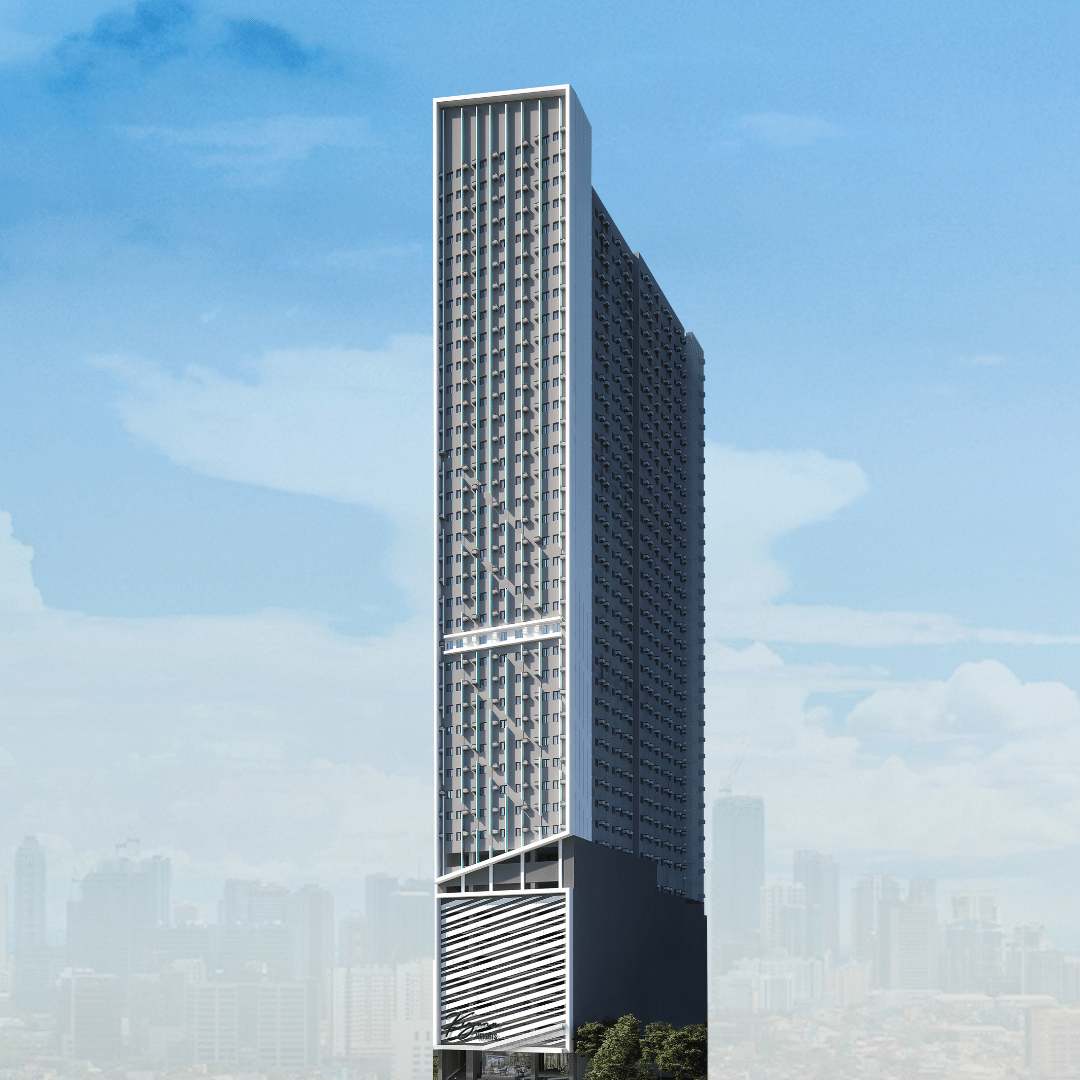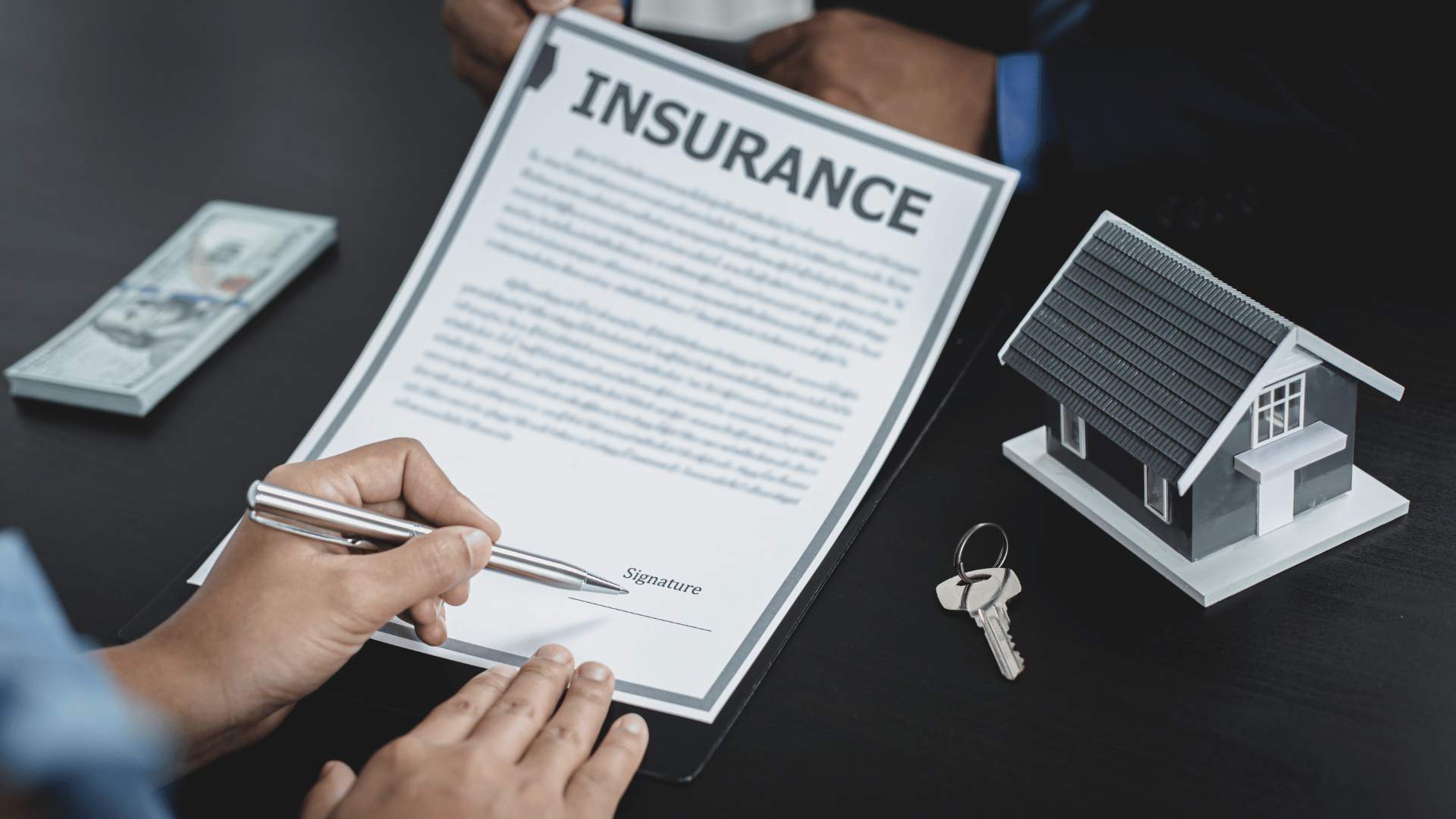Picture this: You've got a fantastic idea for a construction project. But before picking up a hammer or pouring concrete, you must ensure you have the proper construction permit. Consider a building permit to be your golden ticket to building a safe, legal, and trouble-free construction project.
Thus, understanding what a building permit is and how it works is of the utmost importance if you are considering any construction project in the Philippines. Acquiring a building permit is your way of showing that your project meets specific requirements set by local authorities.
While you are at it, this article will unravel often misunderstood components such as building permit costs, regulations, and the documents encased within building permit forms.
What is a building permit?
In every country, there is a minimum requirement for a national building code. For instance, in the Philippines, the building permit requirements aim to ensure developers comply with the law that answers the demand for urbanization.
Whether you have new building plans for a new facility, are building a two-story building, or are conducting renovation works in an old one, developers must employ the necessary technical knowledge on sanitary plans, construction, structural design analysis, maintenance, and uses, no matter how big or small the construction size.
When it comes to building permits, the seal of approval matters. Your plans and electrical permit need to be signed and sealed by a licensed civil engineer. These documents are the official thumbs-up from the city treasurer's office and construction authorities in city hall that say, "Hey, your plans are good to go!"
Purpose of securing building permit requirements
Imagine constructing a home in a zone allocated for commercial use—troublesome, if not chaotic. Such issues can be avoided with the help of building permits. The permit process involves a location clearance to ensure your project complies with local zoning regulations.
This guarantees that your building fits seamlessly into the larger picture of land use planning. Moreover, building permits are not just pieces of paper; they prove that your plans have been thoroughly examined and approved. It ensures you have safe and functionally detailed plans, including proper architectural and structural design analysis.
Hence, electrical permit forms, sanitary permit forms, tax declaration forms like real property tax receipt and declaration forms, transfer certificates of title, lease contracts, or occupancy permits must be acquired and submitted to building officials. These plans are like a roadmap that ensures your construction is on the right track.
Requirements for securing a building permit in the Philippines
Navigating the complexities of obtaining a building permit, particularly in the Philippines, can be complicated. However, adhering to these regulations is crucial for any building enterprise's safety, public safety, legality, and overall success.
In order to get an approved building permit in the Philippines, you must complete the building permit process. Your application forms must be signed and sealed by a licensed civil engineer. This professional ensures that your design meets safety regulations and lends credibility to your project.
This means dealing with application forms and acquiring a duly notarized copy of these forms so that you can get the approval of the building official at the municipal office.
Some helpful reminders
Please keep in mind that the processes and requirements might also depend on your municipality's location. What is more, the seal of approval matters when it comes to building permits.
Likewise, keep in mind that these requirements often come with a cost. As for the building permit fees, it is best to visit and inquire at the first official city hall in your location. You may also ask directly at the cashier's office of the building official and the assessor's office.
P.S. Worry not if you do not own the lot on which you intend to build. This circumstance is also taken into account by building permits. You must first produce a deed of absolute sale, lease contract, permission from the registered owner of the property, or transfer certificate of title from the lot owner. This measure protects both your and the lot owner's interests.
New applicants´ requirements for securing a building permit
Understanding the basic requirements for securing a building permit is critical for individuals embarking on a new construction project. As a new candidate, you will face specific procedures that will serve as the foundation for acquiring your permit.
This section will go into local clearances, regulatory requirements checklist paperwork, such as application forms, and other critical components that lay the framework for a successful application.
Here are the things that must be on your checklist: a barangay clearance, your DTI or SEC registration, an SSS clearance, and if your operations are within a subdivision, a homeowner's clearance for business. And besides application forms duly signed by the engineers concerned, you would also need an architect's clearance. Meanwhile, if you seek renewal, the path is slightly different but equally important.
Renewal of Building Permit Requirements
Changing from one phase of a construction project to another frequently necessitates renewing your building permit. This procedure, defined by precise regulations, guarantees that your project remains compliant and runs successfully.
In this section, we'll go through the technical aspects of renewing a building permit, including criteria like local clearances, financial statements, and prior compliance evidence. These requirements serve as the foundation for your successful construction permit renewal, ensuring that your project stays within regulatory and safety guidelines.
Ensure you update your barangay clearance for business and have your DTI or SEC registration and SSS clearance in order. If required, a locational clearance and a fire clearance must also be secured. And, of course, the pinnacle is obtaining your building permit, backed by a certificate of occupancy and, when applicable, an environmental clearance.
If your business operates within a subdivision, homeowner's clearance for business is still necessary. Again, consider the necessity of a locational clearance and a fire clearance, along with the crucial building permit and certificate of occupancy.
Additionally, if environmental impact comes into play for a particular property, you might need an environmental clearance. Remember to provide your Statement of Gross Income or Financial Statement, proof of past compliance through your previous mayor's permit, and your latest payment receipts.
Present the official receipt to the Office of the Building Official Releasing Section.
Once your construction work is finished, one more step is to obtain an occupancy permit. This permit certifies that your project was carried out following the authorized plans and passed all relevant inspections.
You may present or submit your official receipt to the office of the building's official release section. It's like getting the official stamp of approval that your project is ready for use.
Building permits include issues ranging from rigorous documentation to regulatory compliance, architectural perfection, and zoning code conformity. Nonetheless, their core is simple: they are instruments of accountability intended to protect, guide, and govern.
As you embark on your next construction project, remember that building permits are more than just a roadblock; they are the key to good construction practices. They prove that your project is more than just a building but also a monument to your dedication to safety, legality, and responsible development.
Hence, embrace building permits as your construction partners and build the future with confidence, knowing that it is based on compliance, safety, and the pursuit of excellence.
For more information on Vista Residences, email [email protected], follow @VistaResidencesOfficial on Facebook, Twitter, Instagram, and YouTube, or call the Marketing Office at 0999 886 4262 / 0917 582 5167.






